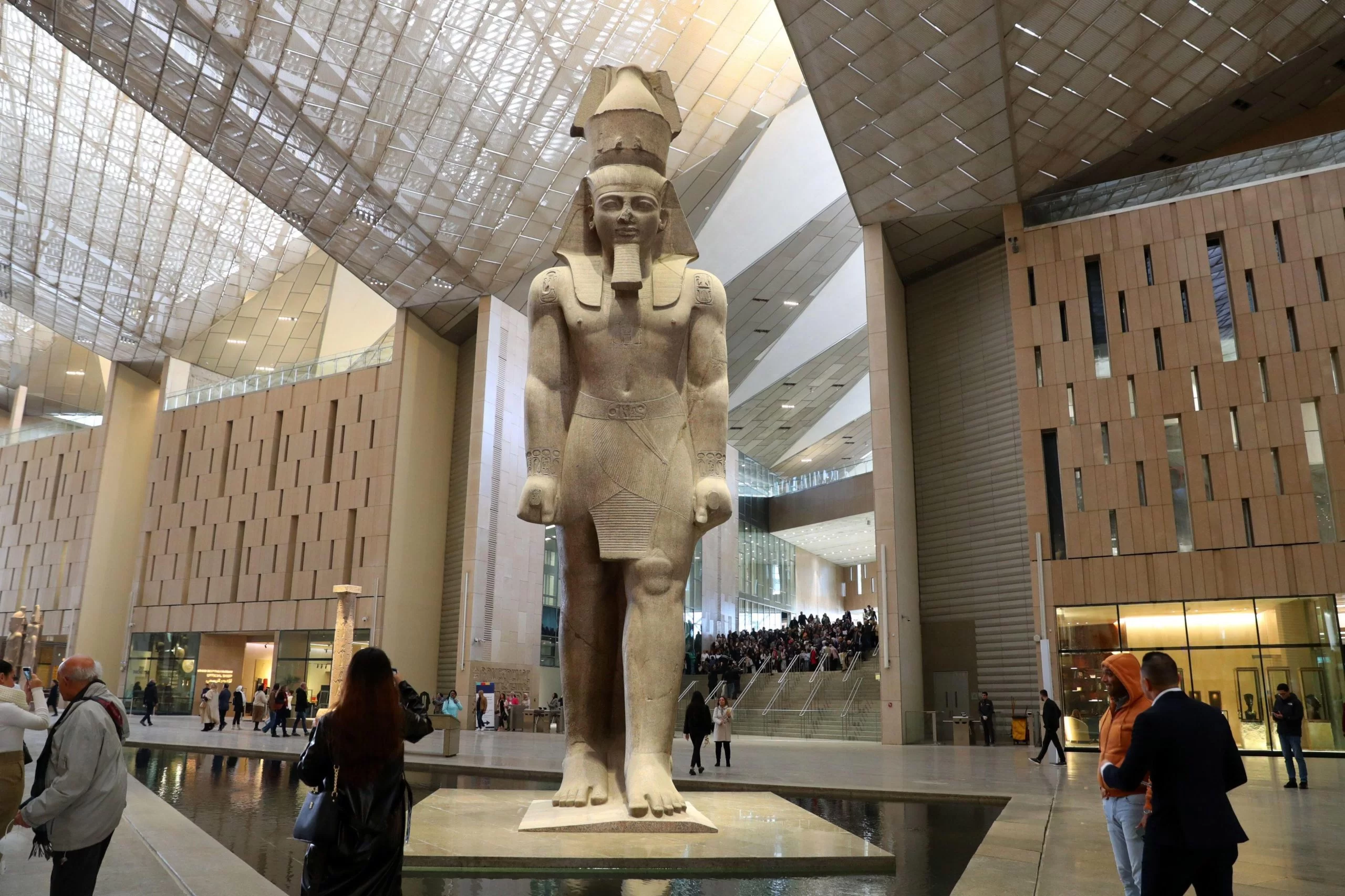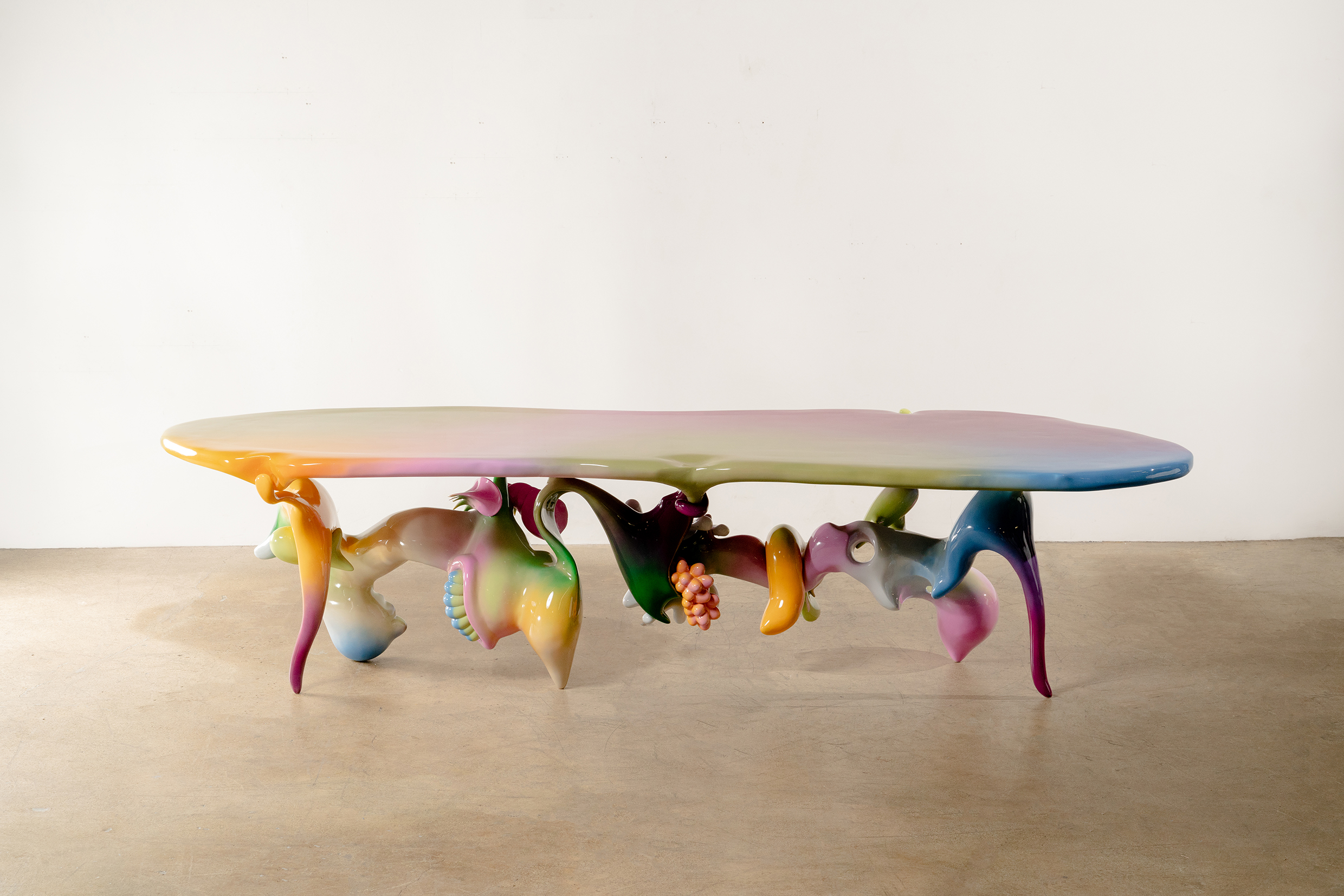In an exciting archaeological development, surface surveys conducted in Ankara’s Kahramankazan district have uncovered significant settlements from the Hellenistic, Roman, and Byzantine periods. The research, led by Associate Professor Çiğdem Gençler Güray from Ankara University, focused on rural Ankara during the Roman Empire, with a particular emphasis on the ancient Galatian settlements. The findings reveal a rich tapestry of life spanning centuries, shedding light on a largely overlooked aspect of Ankara’s history.
The most remarkable discovery took place in the Asarkaya area of Karalar, where remnants of a central Galatian settlement from the Hellenistic period were unearthed. The site, previously investigated in 1933 by Professor Remzi Oğuz Arık, yielded structural remains, wall formations, and tombs, suggesting it was a crucial hub for the Tolistobogii Galatians. Additionally, the surrounding villages, including Fethiye, Kınık, and Dağyaka, revealed simple rural living spaces, reflecting the continuous habitation from ancient times through the Byzantine period.
Professor Güray emphasized the importance of the findings, noting that while Roman-era Ankara is well-documented, the rural settlements from these periods have largely remained a mystery. The discovery of ceramics and other artifacts is offering new insights into the lives of ancient communities in the region, painting a fuller picture of Ankara’s historical landscape.
However, alongside these discoveries comes a pressing issue—treasure hunters. Güray voiced concern over the significant damage caused by illegal excavations, particularly in Karalar, where dynamite blasts have irreparably harmed ancient structures. She stressed the importance of public education to protect these invaluable cultural heritage sites, urging the community to recognize the historical significance over the allure of hidden treasures.
This four-year project promises to reshape the understanding of Ankara’s ancient past, with plans to publish the findings in a comprehensive book. As the research continues, it holds the potential to uncover even more about the cultural transformations that shaped the region over millennia, offering a rare glimpse into the lives of the Galatians and their enduring legacy in Central Anatolia.







